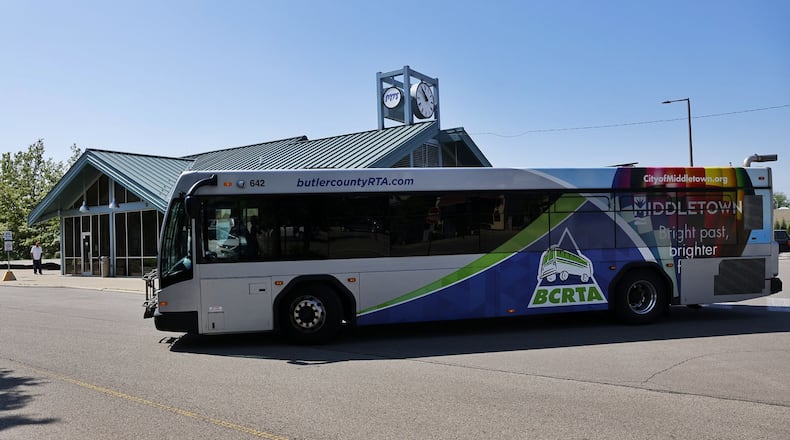“It’s a very challenging situation,” Lolli said during Tuesday’s meeting.
He said Police Chief David Birk is aware of the problem and a few homeless camps located near downtown has been cleaned out.
Vice Mayor Monica Nenni, co-owner of West Central Wine, located adjacent to the bus terminal, said she understands the obstacles the city faces, but the homeless are impacting downtown businesses.
Mayor Nicole Condrey said she’d rather see the homeless vandalize the bus terminal restrooms than cause harm to local businesses.
“It’s one thing or the other,” said Nenni, who added homeless use the restrooms at her business, though they’re limited to customers only.
Council member Rodney Muterspaw, the city’s former police chief, said restroom vandalism is the reason Smith Park is closed at night.
“Not a winnable situation,” he said.
Lolli said the police department and city staff would look into the problem and try to create possible solutions.
Condrey said residents have contacted her about extending the hours of service BCRTA provides. She said when routes stop at 6 p.m. that creates “hardships” for those who exclusively use the bus system for transportation.
Lolli said he’d contact the BCRTA to see if the schedules can be adjusted and if that would cause an additional cost to the city.
The mayor also asked if the city had thought about returning to charging patrons bus fares. The city eliminated fares during the height of COVID-19. He said city staff had talked about that, but “no serious action” has been taken.
When it was time to discuss the emergency legislation, Lolli said BCRTA officials threw him “a curveball” on May 11 when he was informed about the May 19 deadline. Typically, he said, the city is informed by the BCRTA in a “timely manner,” but this year, the BCRTA “missed it.”
Lolli said he was thankful City Council had a meeting scheduled before the deadline.
Every year, the city, through the BCRTA, submits grant applications to the federal government and to the Ohio Department of Transportation (ODOT) for capital and operating expenses related to the city’s transit operations, according to the staff report.
The legislation passed unanimously.
About the Author

